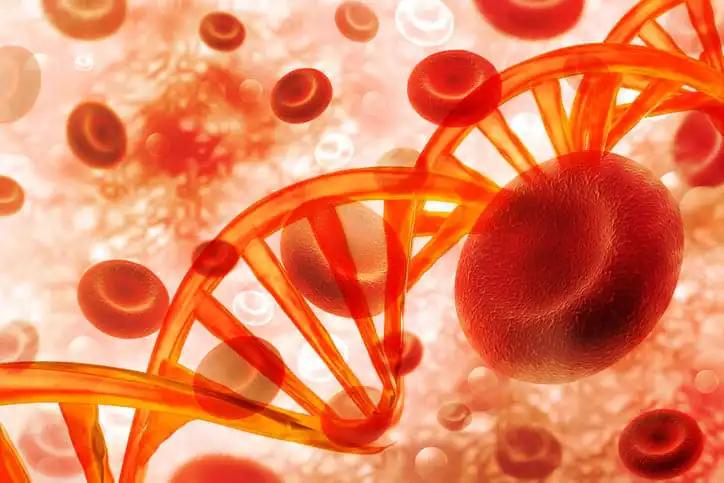KEY TAKEAWAYS
- This Phase 1 study evaluated BBT-176 in metastatic NSCLC pts harboring an EGFR mutation.
- Early results indicate BID dosing of BBT-176 offers both efficacy and better tolerability.
In earlier reports, researchers presented initial safety and effectiveness data for BBT-176, a non-covalent EGFR tyrosine kinase inhibitor (TKI), in treating patients (pts) with metastatic non-small cell lung cancer (NSCLC). BBT-176 is designed to have broad-spectrum efficacy, including against the EGFR C797S mutation.
Early results showed potential efficacy in several patients, including those with the EGFR C797S triple mutation. However, the primary concern was tolerability, mainly due to persistent grade 1 or 2 diarrhea. To enhance tolerability and aim for a sustained response, a twice-daily dosing regimen was instituted following PK/PD simulations.
The Phase 1 trial assessed pharmacokinetic (PK) parameters, safety, the recommended dosage for Phase 2, and preliminary effectiveness. Eligible pts had an EGFR mutation and had previously undergone at least one round of EGFR TKI treatment. These pts received imaging tests and circulating tumor DNA (ctDNA) analysis every six weeks.
BBT-176 was administered orally either once a day (QD) or twice a day (BID) until disease progression or intolerable side effects were observed. For the BID regimen, a modified toxicity probability interval (mTPI-2) design was used to improve efficiency, in contrast to the 3+3 rule-based adaptive design used in the QD part. Intra-patient dose escalation to the subsequent dose level was permitted. A correlation analysis between radiologic and molecular responses was performed as data became available.
As of March 29, 2023, 44 patients, including 19 from the twice-daily (BID) dosing cohorts, have been treated with BBT-176. Eleven of these pts had a triple EGFR mutation detected in their plasma. Drug absorption appeared to be dose-dependent. The most frequently observed adverse events related to treatment were nausea (38.6%), diarrhea (36.4%), vomiting (27.3%), rash, and decreased appetite (both 13.6%), along with stomatitis (9.1%), generally of grade 1 or 2 severity. There was a single instance of grade 4 neutropenia in the 600 mg once-daily (QD) group and another of grade 4 interstitial lung disease attributed to BBT-176, complicated by disease progression, in the BID cohort.
Preliminary indications of effectiveness were observed, and BBT-176’s twice-daily dosing regimen is associated with better tolerability and patient compliance. Future research will focus on a molecularly enriched cohort, identified by the presence of the EGFR C797S mutation in plasma and further divided based on the originating mutation (either exon 19 deletion or L858R).
Source: https://cattendee.abstractsonline.com/meeting/10925/presentation/1003
Clinical Trial: https://classic.clinicaltrials.gov/ct2/show/NCT04820023
Lim, S.M., Ahn, J.S., Kim, D-W., Kim, Y.J., Nagasaka, M., Lee, Y-H., Park, E.Y., Kim, H.E., Cho, J., Jung, S., Lee, S-Y. BBT-176, a 4th Generation EGFR TKI, for Progressed NSCLC after EGFR TKI Therapy: Updated Report from a Phase 1 Study.



